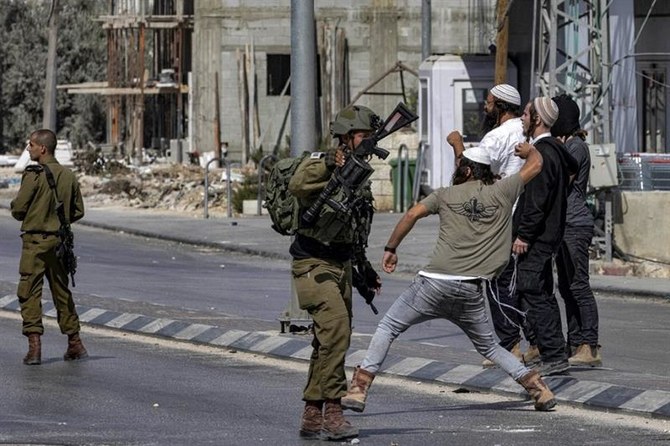
In recent years, the West Bank has been plagued by violence that has had far-reaching implications for the region. The ongoing conflict between Israelis and Palestinians has resulted in a cycle of violence and unrest, with both sides suffering immense loss and hardship. In order to grasp the complexities of this issue and work towards a resolution, it is crucial to delve deeper into the root causes and explore potential solutions. This article aims to shed light on the West Bank violence, providing insights into its historical background, current state, and prospects for peace.
Historical Context: Tracing the Origins
To comprehend the West Bank violence, one must first understand its historical context. The Israeli-Palestinian conflict dates back to the mid-20th century, rooted in competing national aspirations and claims to the land. The establishment of the State of Israel in 1948 led to the displacement of hundreds of thousands of Palestinians, which fueled resentment and discontent. The West Bank, captured by Israel during the Six-Day War in 1967, has since become a focal point of contention due to its strategic importance and religious significance.
The Current State of Affairs
Today, the West Bank remains a deeply divided territory. Israeli settlements, considered illegal under international law, continue to expand, leading to heightened tensions with the Palestinian population. The construction of separation barriers, checkpoints, and restricted movement policies have further deepened the divide, impacting the daily lives of Palestinians and hindering economic development.
Acts of violence have become distressingly common, with both Israelis and Palestinians falling victim to attacks and reprisals. Extremist groups on both sides perpetuate a cycle of violence, exacerbating the situation and instilling fear in the hearts of civilians. The lack of trust, ongoing human rights violations, and the absence of a clear political solution have created a breeding ground for hostility and radicalization.
Seeking Solutions: A Way Forward
Resolving the West Bank conflict is an arduous task, but not an impossible one. It requires a comprehensive approach that addresses the concerns and aspirations of both Israelis and Palestinians. Here are some key avenues that can be explored:
1. Diplomatic Negotiations
Diplomacy remains a crucial tool in resolving the West Bank conflict. Engaging in meaningful and constructive negotiations can foster dialogue, build trust, and lay the foundation for a lasting peace agreement. The involvement of international mediators, such as the United Nations, can provide a neutral platform to facilitate discussions and bridge the gaps between the two parties.
2. Promotion of Economic Development
Addressing the socio-economic disparities between Israelis and Palestinians is vital to alleviate grievances and foster stability. Investing in infrastructure, job creation, and trade opportunities can contribute to improved living conditions and create an environment conducive to peace. International support and cooperation can play a significant role in promoting economic growth and enhancing the prospects for a sustainable resolution.
3. Strengthening Security Measures
Enhancing security measures is essential to ensure the safety of both Israeli and Palestinian communities. Cooperation between security forces, intelligence sharing, and joint operations can help combat terrorism and minimize the risk of violence. Efforts should be made to establish trust-building mechanisms and create an atmosphere of mutual understanding and cooperation.
4. Engaging Civil Society
The involvement of civil society organizations, grassroots initiatives, and non-governmental actors can bring diverse perspectives to the table and contribute to confidence-building measures. Encouraging dialogue, fostering empathy, and promoting intercultural exchanges can help break down stereotypes and build bridges between communities.
